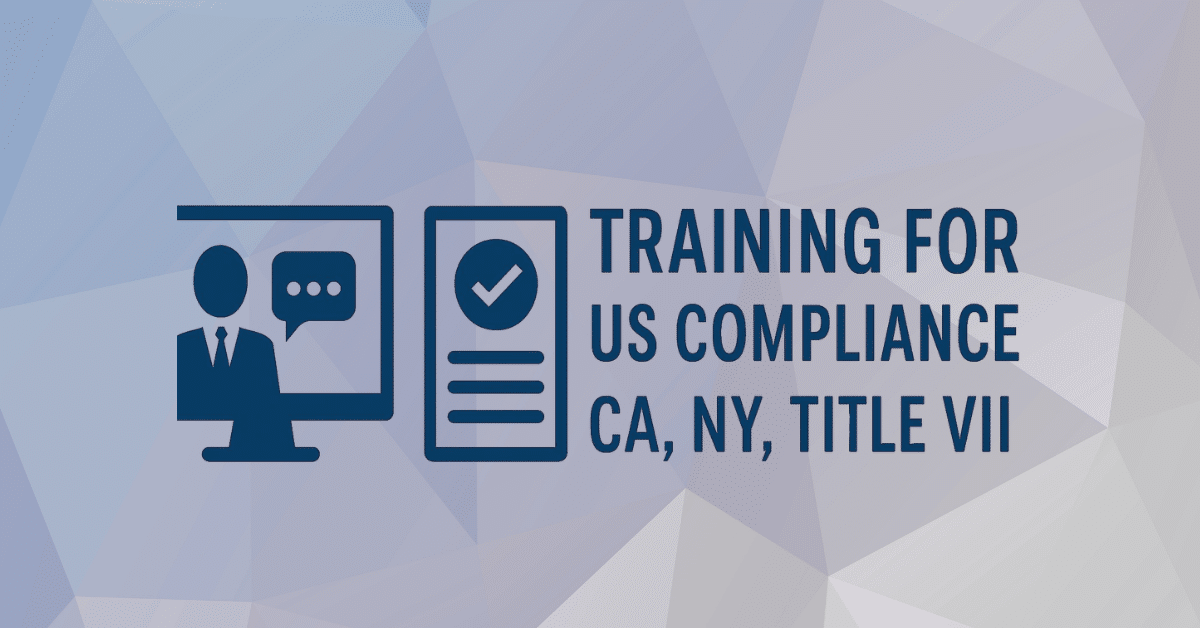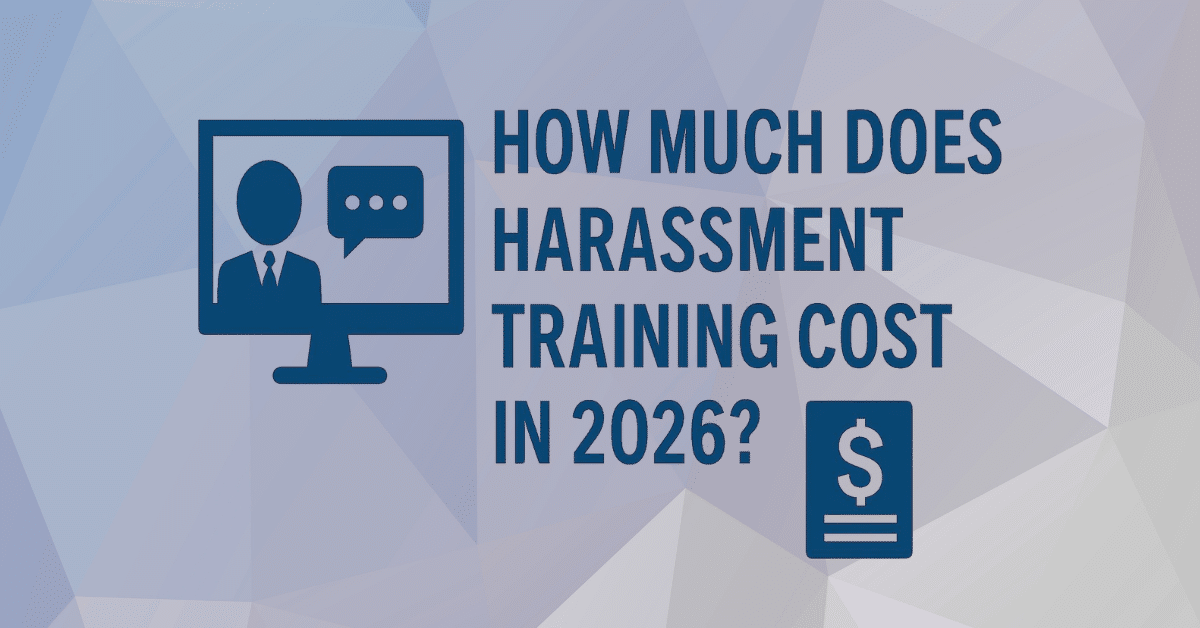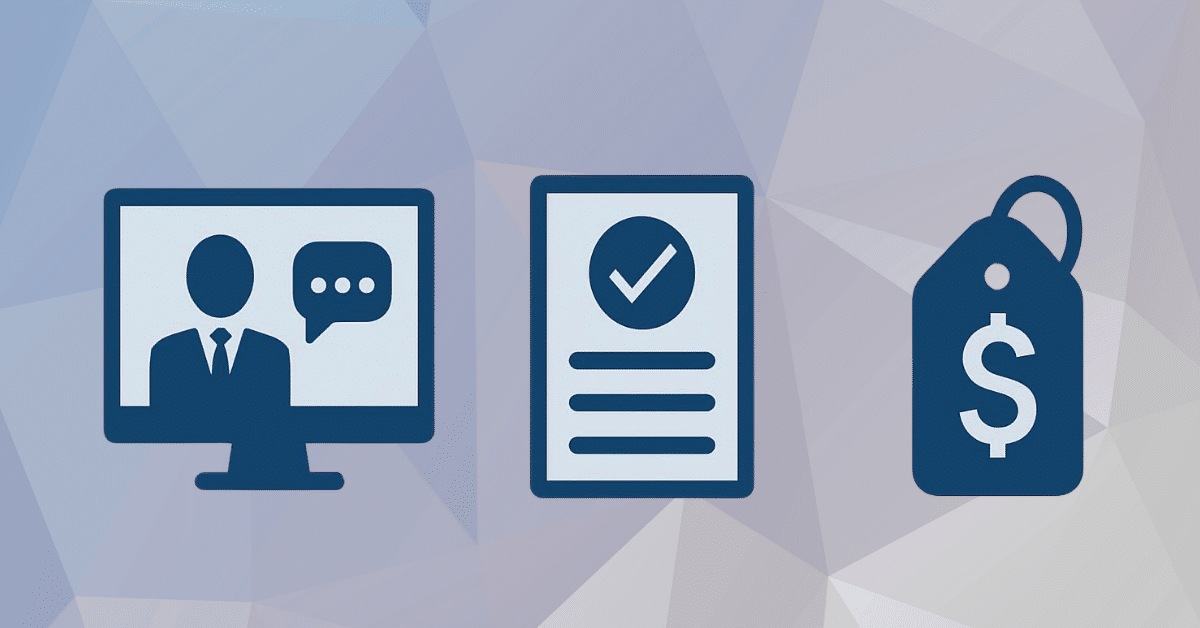20 Tips to Achieve and Maintain a Good Work-Life Balance
We’re all guilty of it – overworking as if there’s no tomorrow, forgetting about everything else. We drop personal appointments planned weeks before to meet important deadlines or finish that presentation our boss needs first thing in the morning.
What used to be “flyday Fridays” have become “double time Fridays” and we even put in work on weekends, constantly feeling the need to check emails every now and then.
Before we know, it has already become a habit, extending beyond office hours and overstressing ourselves. Some of us even find satisfaction in it, notwithstanding what it is doing to our bodies.
This is often true in younger individuals, abusing their time and bodies, thinking there’s still plenty of time to recuperate later on.
But how soon is later going to be? Do we need to wait for us go kaput and suffer exhaustion? How far along is the breaking point and when do we ever stop?
If you find yourself in this crisis, you need to win your life back before you hit the roof.
Save Thousands Of Dollars With Coggno Prime Subscription
What is work-life balance?
Work-life balance is the state of balance where an individual equally prioritizes one’s career demands and personal life demands.
What are the factors affecting work/life balance?
According to research from Workfront, the list of negative results work-life balance problems can create is anything but short — more than half of millennials and baby boomers have skipped important life events due to work.
Work-life balance can also cause sleep deprivation and other health problems. A study by British Columbia University found checking email regularly can raise stress levels.
Unfortunately, the work-life balance has become a growing concern. According to FlexJobs research, more workers struggle to balance the time they spend in and outside the workplace than just three years ago.
Although some of the causes may be workplace-specific, workers typically face certain common work-life balance risks — some of which employers can also help mitigate.
Proactively addressing the following components, which may require employees to change their schedule suddenly, will help businesses keep engagement and productivity high:
- Increased work responsibilities
- Contacting your workers outside of work
- Hard bosses to work with (management issues)
- Lengthy commute to the office
- Work that requires longer hours
- Responsibilities at home
- Taking care of your children
Read More: 7 Ways To Improve Your Work Ethic
Why is work-life balance so important?
A good work-life balance has numerous positive effects, including less tension, lower burnout risk, and a greater sense of well-being. It also supports employees and employers.
Employers who are committed to creating work-life-balancing opportunities for their workers will save on salaries, experience fewer cases of absenteeism, and enjoy a more loyal and active workforce. Employers providing alternatives such as telecommuting or flexible work schedules may help workers manage work-life.
When designing a schedule that works for you, consider the best way to achieve work-life balance. It’s all about balance, which is less about splitting your day’s hours equally between work and personal life and more about having the flexibility to do things in your professional life while also finding time and energy to enjoy your personal life. There will be days when you work longer hours, so you have time to enjoy other things later this week.
20 Tips to Help You Maintain Work-Life Balance
1. Get enough sleep. A well-rested brain is a more functional brain.
2. Avoid frenzied mornings by preparing the night before. Iron your clothes ahead of time, organize your things, and prepare what you’ll be having for breakfast. The time you save from planning ahead, allocate it to do other things that can comfort you like watering your plants or playing with your pet.
3. Map out what your week will be like. Ensure that you cover all aspects apart from work such as family time, exercise, and recreation. Do not cram all big priorities in one day. Spread them throughout the week, depending on urgency. Doing so will ensure you don’t smother yourself with too much work in a day.
4. Have a me-time at least twice a month. Do something on your own like window-shopping or reading or going to the salon and getting your nails done.
5. Make time for your family and see to it that family time is family time. Eat dinner with them and play with the kids. Make sure you’re committed to spending time with them.
6. Don’t make emails your master. Don’t make excuses about having to check that urgent email you’d actually need more time to respond to. The moment you walk in that house gate, forget about work and focus on being a family member.
7. Don’t think you have all the time you need to catch up on life later on. Not all of us are lucky in that area.
8. Schedule some time away from the computer. No matter how busy you are, you just have to have that downtime at work. Allow yourself to breathe even for just five minutes.
9. Have a pre-arranged social activity, something you look forward to each month like poker nights or a girls’ day out with your friends. Take time to do other things you love like having coffee with friends or clubbing on weekends. Anything that is not work-related, really.
10. Limit your overtime. There will come a time when your boss will delve into why you are putting in so many hours and question your efficiency. Don’t wait for that to come.
11. Before you start your day at work, plan what time you’ll be heading out.
12. Spend the last 30 minutes wrapping up the open items from your to do list so you don’t have to spend the following day remembering what you need to complete from the day before.
13. Have your lunch outside the office every now and then. This allows you to breathe “non-work air” and refresh your brain for the afternoon’s activities.
14. Take the week’s burden off earlier by doing your least favorite task at the beginning of the week. This will make you feel less stressed for the rest of the week.
15. If you can cook a week’s worth of meals ahead of time, by all means, do it. It will save you a lot of preparation time and all you have to do is reheat it later on.
16. Hate mowing the lawn or doing laundry? Outsource it.
17. Plan on long trips at least once every quarter. And if the nature of your job doesn’t allow you to take several days off at a time, a stay-cation will do.
18. Don’t be a perfectionist. Too much frustration comes from it because there is no such thing as perfection no matter how hard you try.
19. Ask help if you need it. It doesn’t mean you are incapable, it just means you’re not in it alone.
20. Don’t try to save or help everybody every time. You’re not a superhero. Extending help is good, but only if you have the spare time.
The first step to having a balanced life is admitting it is imbalanced in the first place. Don’t leave life behind just because everything at work is hectic. There is so much for you to explore in this world. There are so many people you can meet who can change your life. Go out of that rabbit hole and start enjoying life, NOW!
Maximize Training, Minimize Costs With Coggno Prime

















